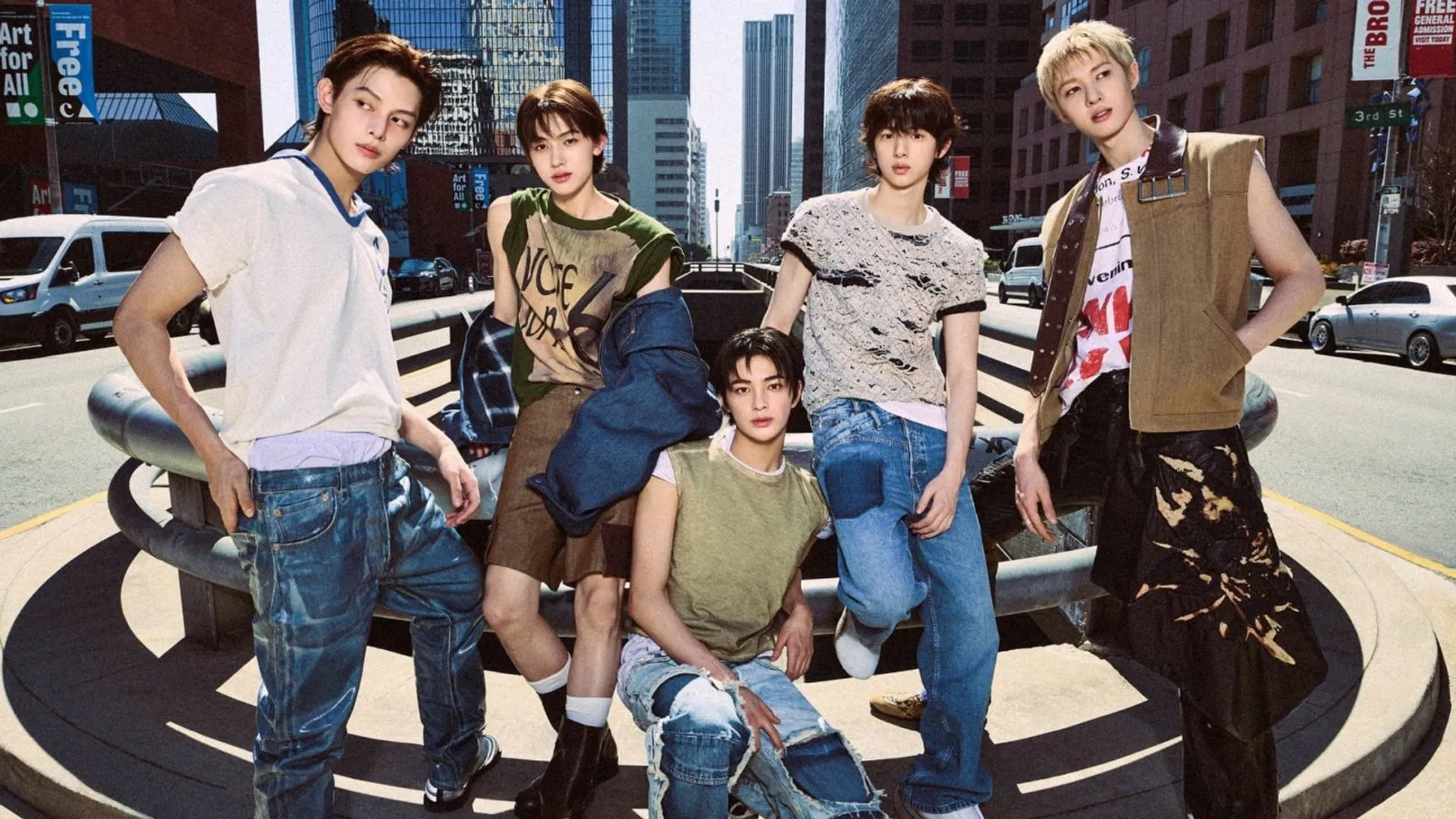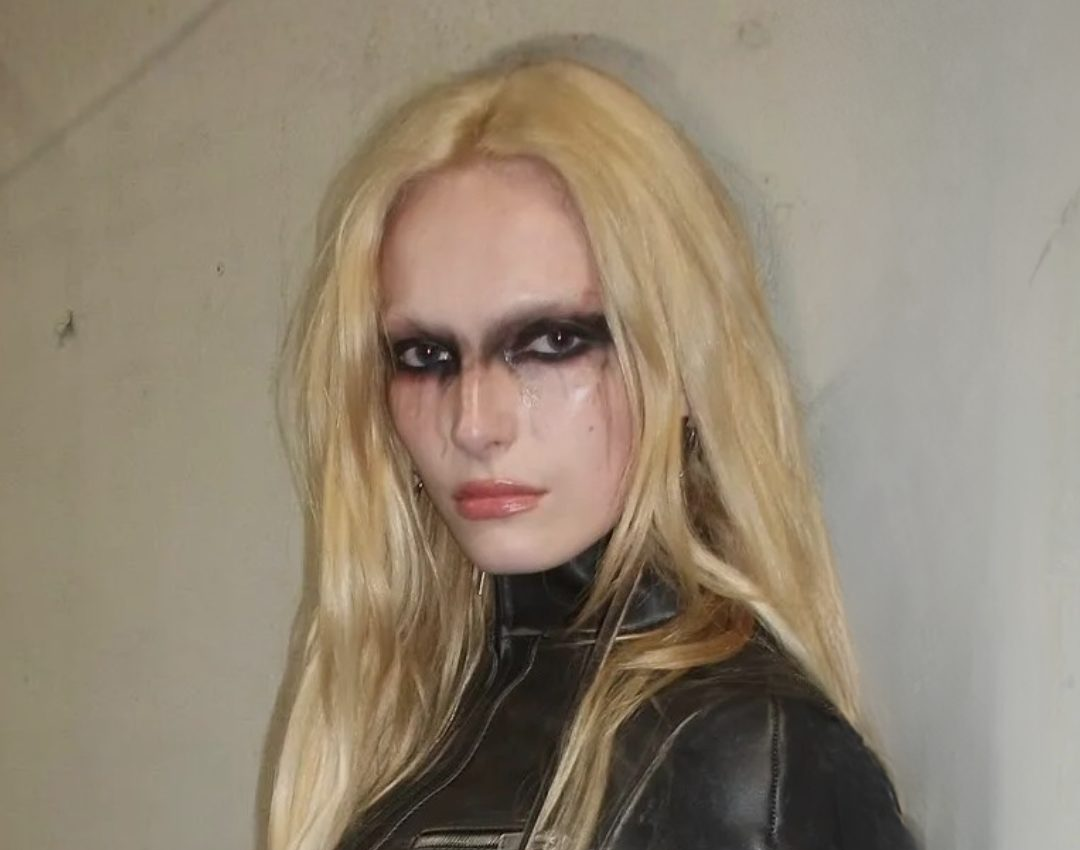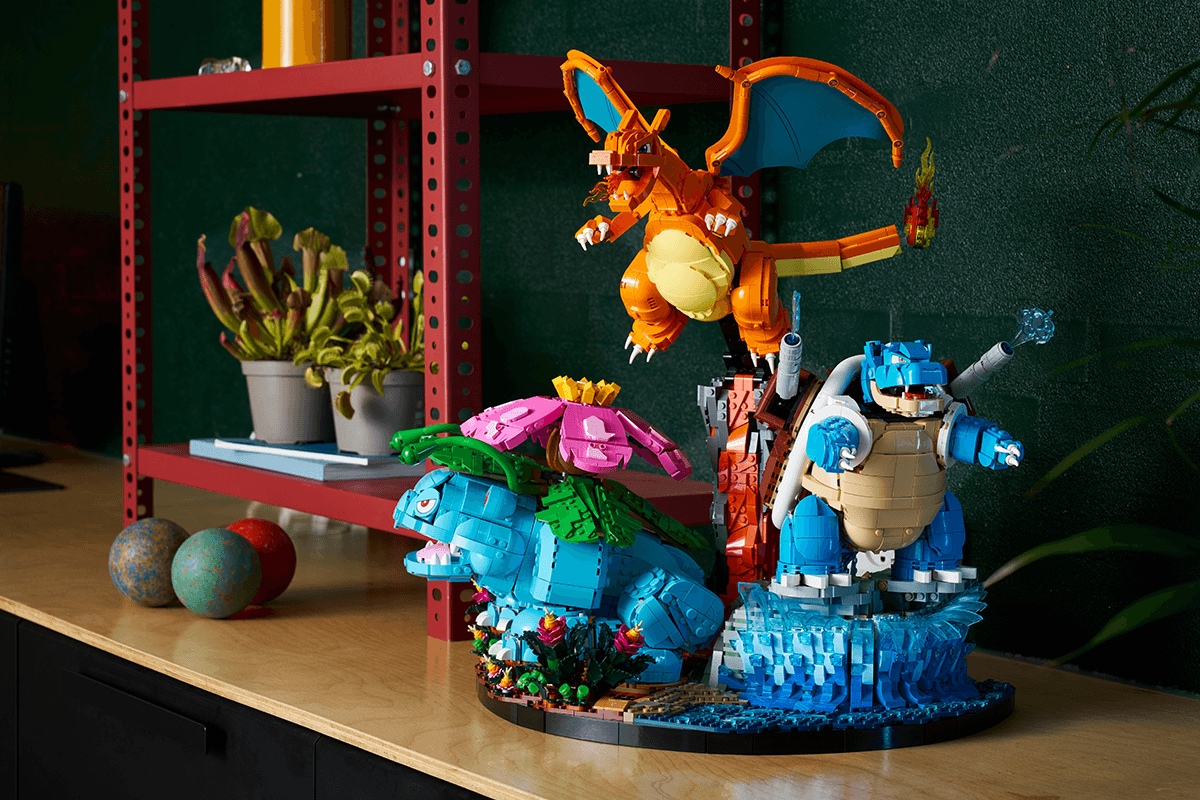Artificial intelligence (AI) has permeated most aspects of life, including the influencer marketing sphere. David Ho looks at how AI might just change the game
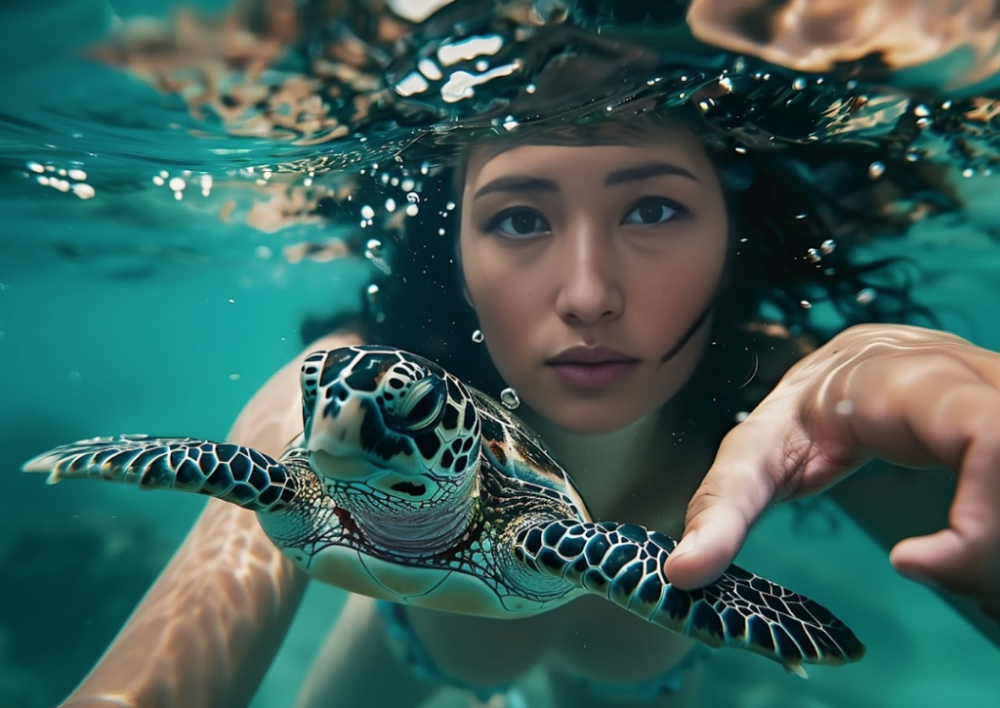
Sena Zaro is a self-described “#1 travel & hospitality AI influencer” and “travel trailblazer”. A look at her Instagram account shows an objectively attractive Asian woman with shoulder length hair posing in various holiday locations, along with a number of typical #travelgram shots of beaches and sunsets. On her website, there is a story about her turning 30 and being inspired by her grandfather’s legacy of exploration to share her own travels.
As warm and fuzzy as it sounds, she is here to sell, even if her sales pitch is a soft one. Cenizaro Hotels and Resorts have teamed up with Bracai consultancy to create an AI influencer, with the result being Sena.
“Sena Z. is about bridging tech with our love for exploration”, says Liza Quddoos, the director of corporate communications at Cenizaro. “She shows us how digital and human elements can enhance each other’s existence, enriching life rather than replacing our experiences.”
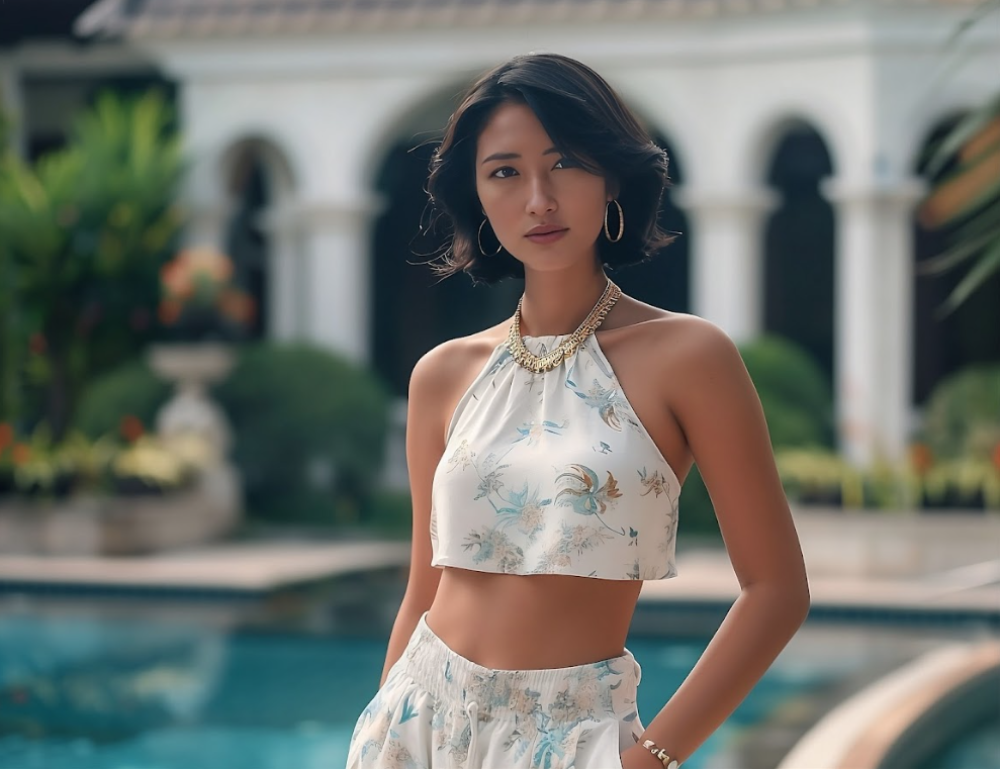
Sena’s content is not confined to the Cenizaro portfolio though, as her creators aim to showcase Sena on her adventures to some of the lesser-known corners of the world. Thus, they are hoping to partner with tourism boards and travel organizations around the world that are eager to showcase their hospitality offerings.
Hong Kong authorities are well aware of the sway that influencers have. Last year, the city’s Tourism Board invited over 2000 influencers from mainland China, Southeast Asia and Europe to visit and “tell the good story of Hong Kong.” This effort translated to an accumulated 11 million followers for Hong Kong Tourism Board’s social media platforms, with posts reaching over two billion impressions.
The influencers that Hong Kong targets for their tourism drive are similar enough to Sena, who is focused on six core pillars for her social media feed, namely: culture, nature, adventure, sustainable travel, wellness, and tips. “Her story is deeply rooted in family, culture and adventure. Sena Z.’s existence celebrates those who are curious, aware, and brave,” says Finn C. Arctander, the founder of AI consultancy Bracai.
Also see: Asia’s share of the global art market rises
Though AI has proven to be game changing competition for artists and writers, some argue against virtual personalities like Sena being able to displace human influencers. “Globally, AI influencers might work in certain markets. But it would be a tough sell in Hong Kong, where both brands and audiences crave authenticity and prefer to see the faces they are already familiar with,” says Tasha Lam.
The influencer space remains a competitive scene that might be a hard nut to crack, even for virtual beings. “It’s tough for even newer influencers to break into the game these days, so AI influencers will have some way to go and more to prove before they can become truly mainstream here,” says Lam. “I’m not sure there is any substitute for real people sharing their original thoughts and actual experiences.”
Lam has a point when it comes to authenticity. 90% of consumers surveyed in the US, UK and Australia rated “authenticity” in digital content as important when deciding what brands they like and support, according to a survey by Stackla. The idea of content being authentic is definitely harder to swallow when it comes from an AI-generated persona.
Yet, it hasn’t stopped AI influencers from seeing success elsewhere. An astonishing 35% of consumers in the US have already bought a product or service promoted by a virtual influencer as of March 2022, according to data from Statista.
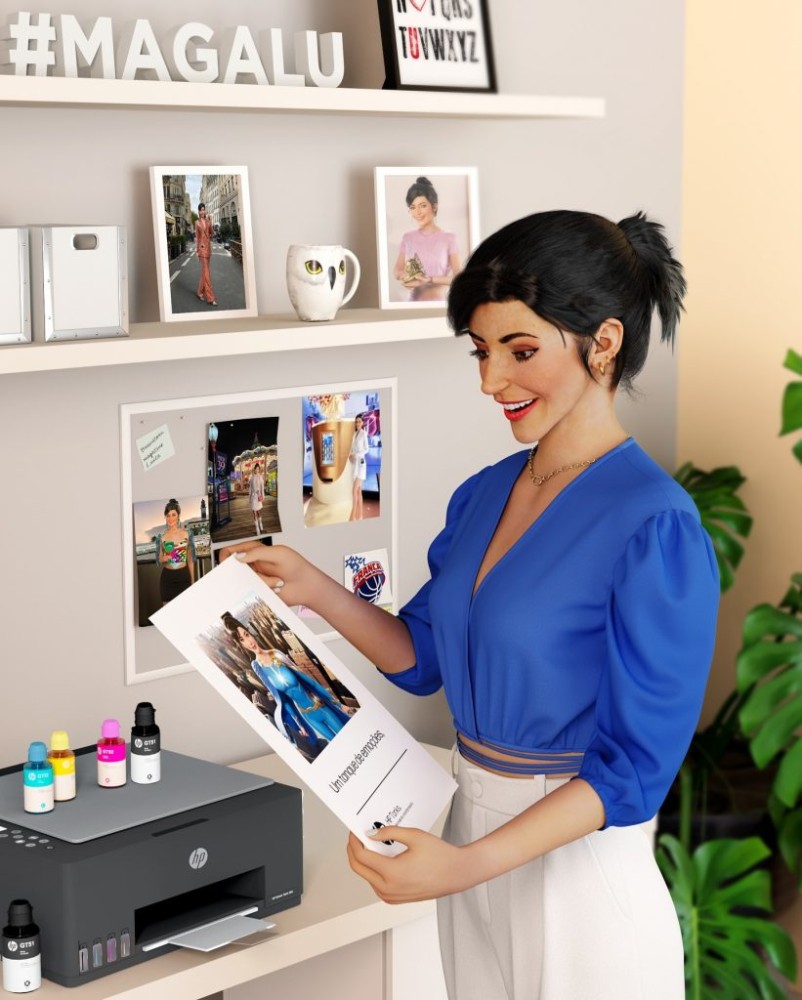
One of the most popular virtual influencers in the world is Lu do Magalu, who is also one of the oldest. She was created by Magazine Luiza, one of the biggest retail companies in Brazil, as a virtual assistant on their website in August 2003. She has since been dispatched for everything, from YouTube marketing and music videos to talk show appearances and even human rights advocacy.
Lu’s numbers are impressive, with almost 7 million followers on Instagram and 14 million on Facebook. But her reach is mainly limited to Brazil, where she originated, according to Influencer Marketing Hub.
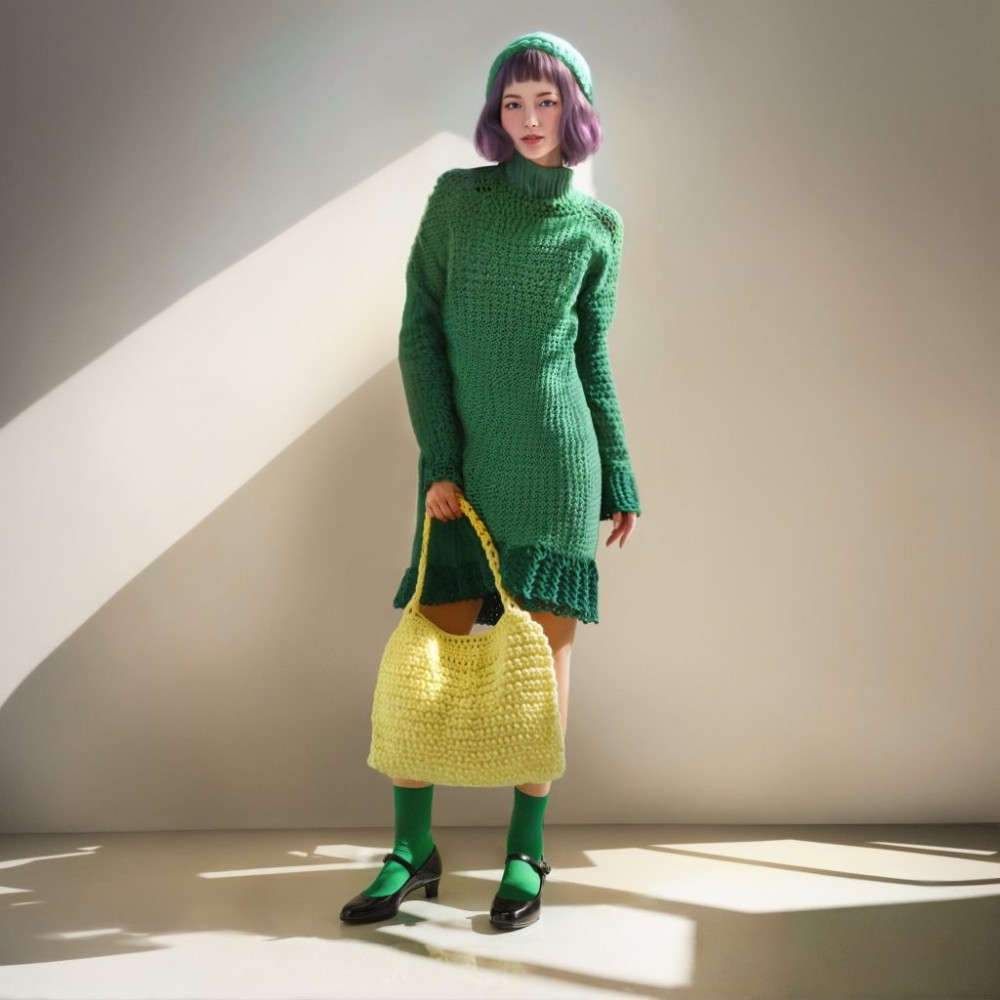
In Asia, one of the region’s largest real estate developers Capitaland has its own AI influencer, Rae. Designed by the Singaporean conglomerate to enhance online customer engagement, Rae has also been roped into campaigns for fashion labels like Gucci and Moschino.
Of course, AI isn’t restricted to just creating humanoid influencers. Take for example, B., the first bee influencer on Instagram. B. started creating their online buzz in April 2019 with a worthy cause – to protect bees. Over the next two years, B. made plenty of engaging content that ranged from funny Beyoncé (or is that Bee-yoncé?) references to partnership posts with brands, with all money raised going towards bee preservation.
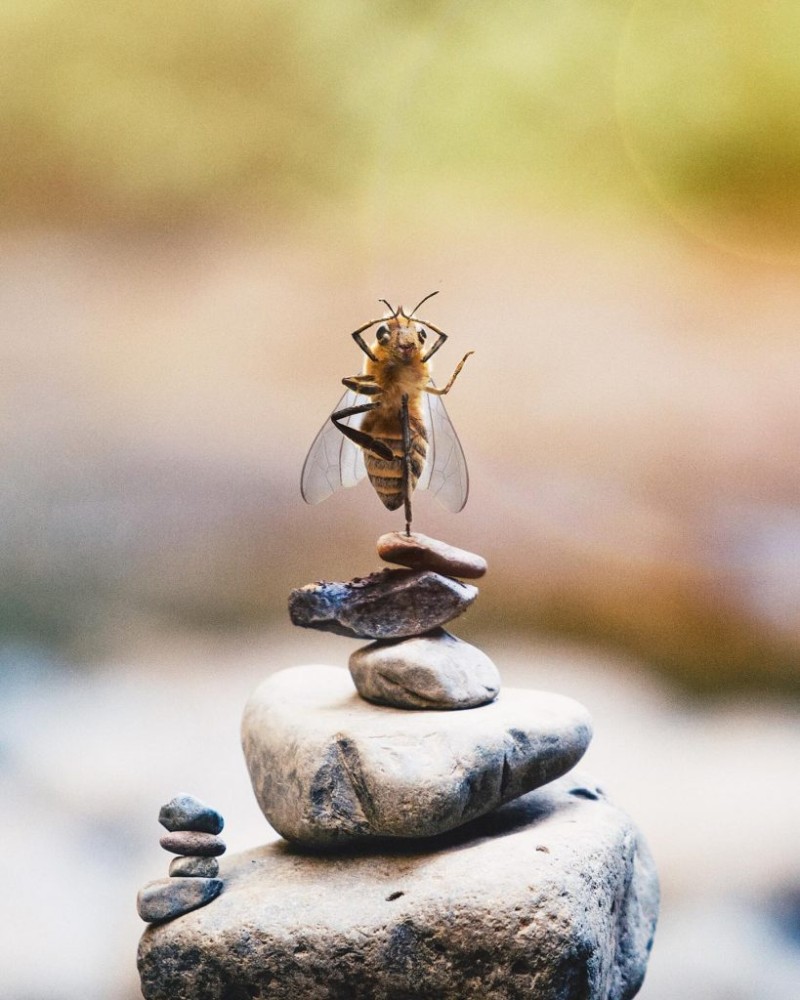
But even B. could not evade the fate that befell (bee-fell?) the insect they wanted to protect, as a death announcement appeared on their Instagram in April 2021. Plenty of fans left a rose in the comments section as a tribute. They made a comeback after a year of silence though, to announce a blockchain game in partnership with French retailer Carrefour. So, we know B. still lives on in the Metaverse hive at least.
So far, marketing agencies are upbeat about the possibilities presented by AI influencers. “Artificial intelligence only adds to marketing, and is incredibly positive for the influencer marketing industry,” says Inigo Rivero, the founder of House of Marketers, a global TikTok agency.
House of Marketers believe that virtual influencers can address scalability issues faced by traditional influencer marketing. Since human influencers can only manage a certain amount of collaborations and content creation due to time and energy constraints, AI influencers can operate continuously, engage with an unlimited number of fans simultaneously, and maintain brand consistency without fatigue,
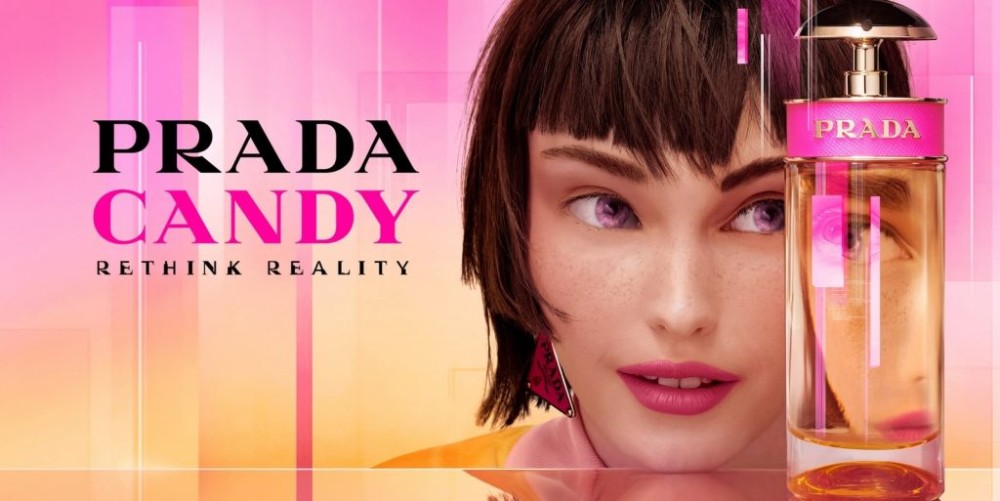
Beyond untiring speed and predictable efficiency, marketing studies have also suggested that big brands, such as Prada, Gucci, and Louis Vuitton, may increasingly favour virtual influencers as a safe choice. This is due to the risk of human influencers developing a bad reputation from being “cancelled” overnight over a scandal.
Prada launched Candy in 2021, a virtual influencer named after its perfume line of the same name. L’Oréal Group also launched Mr. Ou, a green minded virtual idol of Chinese-French heritage.


Not only can AI influencers operate without human unpredictability, the fact that they can be programmed for consistency in brand messaging makes them all the more appealing to brands looking for new engagement strategies.
Going forth, we can also expect to see more AI influencers created by other social media user too. In January 2024, TikTok introduced the beta version of its AI-generated avatars programme as a new content creation feature. These avatars come in over 100 variants differing in appearance, accents, and languages. With a wide range of physical movements and facial expressions to boot, they will be deployed in ads on the platform. How they will compete with real life influencers on the platform remains to be seen.
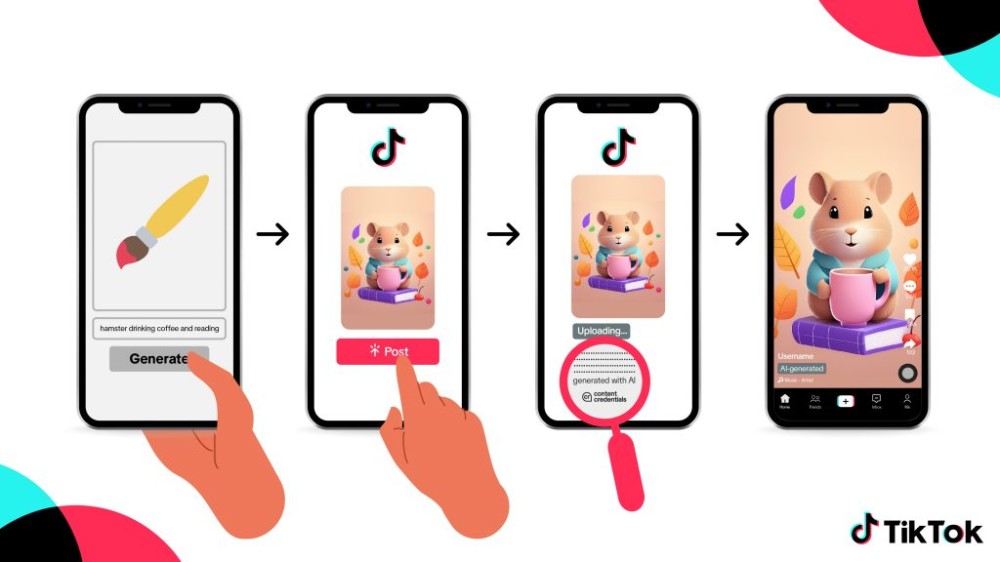
In the meantime, TikTok has introduced an automatic labelling system for AI-generated content originating from TikTok and select other platforms. This is a step to educate users on the content being AI generated before interaction.
Nonetheless, it’s clear that the age of AI has now hit the influencer market and it’s set to grow. The virtual influencer market was valued at US$4.6 billion in 2022, according to influencer marketing agency Territory Influence. This value is projected to increase by 26% by 2025.
Also see: How CCTV footage led to the cancellation of P.Diddy



